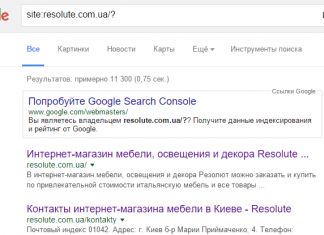A landmark ruling by a German court has dealt a significant blow to OpenAI and its flagship product, ChatGPT. The court determined that OpenAI infringed upon German copyright law by training ChatGPT on licensed musical works without obtaining the necessary permissions. This decision comes after GEMA, Germany’s collective management organization for music rights, filed a lawsuit against OpenAI last November.
While the exact amount of damages OpenAI must pay to GEMA remains undisclosed, the ruling has sent shockwaves through the AI industry. OpenAI, however, maintains its disagreement with the court’s decision and has indicated it is exploring further legal action.
GEMA hailed the verdict as a “landmark AI ruling in Europe,” emphasizing that it sets a crucial precedent for protecting the rights of music creators in the age of artificial intelligence. Tobias Holzmüller, GEMA’s CEO, stated, “Today, we have set a precedent that protects and clarifies the rights of authors: even operators of AI tools such as ChatGPT must comply with copyright law. Today, we have successfully defended the livelihoods of music creators.”
This case raises critical questions about the legal frameworks governing the use of copyrighted material in training AI models. Traditionally, copyright law has centered around the protection of individual works. However, the rise of large language models like ChatGPT, which learn from vast datasets encompassing millions of pieces of text and code, presents a complex challenge to these established norms.
The German court’s decision suggests that simply scraping publicly available data may not be sufficient to ensure legal compliance in AI development. It underscores the need for clearer guidelines and potentially new legislation regarding data usage in AI training, particularly when copyrighted material is involved.
This ruling is likely to have far-reaching consequences for the AI industry globally. Companies developing similar language models will now face increased scrutiny over their data sourcing practices and may be compelled to invest more heavily in securing explicit licensing agreements for copyrighted content.
The outcome of OpenAI’s potential appeals and future legal developments in this area will continue to shape the landscape of AI development and copyright law in the years to come.

































